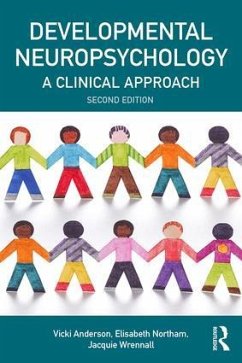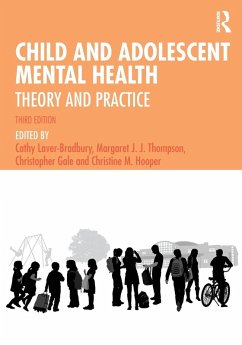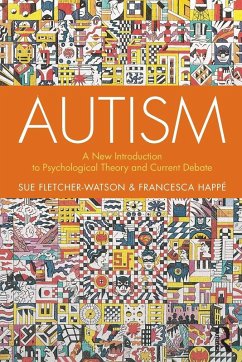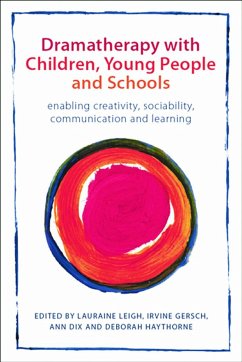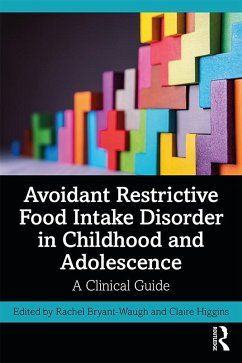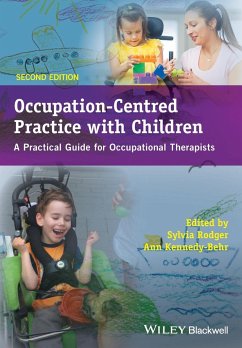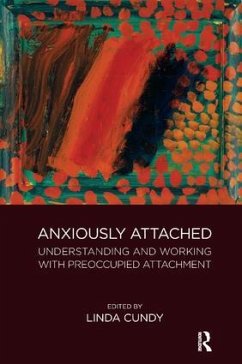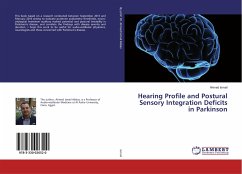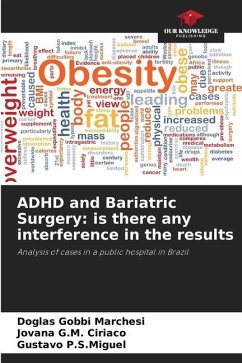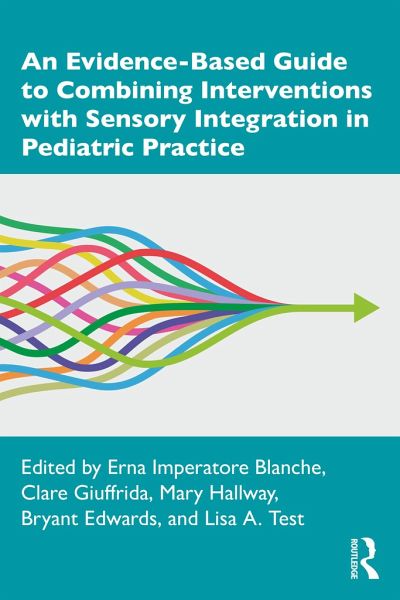
An Evidence-Based Guide to Combining Interventions with Sensory Integration in Pediatric Practice
Versandkostenfrei!
Versandfertig in 6-10 Tagen
34,99 €
inkl. MwSt.
Weitere Ausgaben:

PAYBACK Punkte
17 °P sammeln!
This book offers practical ideas on the combination of sensory integration theory principles with other evidence-based approaches in the evaluation and treatment of multifaceted issues in children with disabilities.Using the ICF Model, a Clinical Reasoning Model, and featuring numerous case studies, the opening chapters focus on the evidence for combining intervention approaches with diagnoses most often encountered in clinical practice. The latter half of the book covers the delivery of services using blended intervention approaches in different settings, such as the school, the hospital, and...
This book offers practical ideas on the combination of sensory integration theory principles with other evidence-based approaches in the evaluation and treatment of multifaceted issues in children with disabilities.
Using the ICF Model, a Clinical Reasoning Model, and featuring numerous case studies, the opening chapters focus on the evidence for combining intervention approaches with diagnoses most often encountered in clinical practice. The latter half of the book covers the delivery of services using blended intervention approaches in different settings, such as the school, the hospital, and in nature. Featured are existing community programs illustrating the combination of approaches in practice. Appendices include reproducible resources, a guide to assessments, and approaches.
The text will guide occupational therapists and other health professionals working with children and adolescents across a variety of settings in using clinical reasoning skills in a systematic manner that will lead to better interventions.
Using the ICF Model, a Clinical Reasoning Model, and featuring numerous case studies, the opening chapters focus on the evidence for combining intervention approaches with diagnoses most often encountered in clinical practice. The latter half of the book covers the delivery of services using blended intervention approaches in different settings, such as the school, the hospital, and in nature. Featured are existing community programs illustrating the combination of approaches in practice. Appendices include reproducible resources, a guide to assessments, and approaches.
The text will guide occupational therapists and other health professionals working with children and adolescents across a variety of settings in using clinical reasoning skills in a systematic manner that will lead to better interventions.






